 |
 |
|
| |
||
|
Vol. 9 No. 56 WE COVER THE WORLD Thursday April 29, 2010 |
A new study finds air cargo critical
as a competitive factor for Switzerland, important for strengthening
the Swiss economy and safeguarding domestic jobs.
|
 |
The study found, “Air cargo is
an important competitive factor for the Swiss economy.”
“In exports one in three Swiss francs
leaves Switzerland by air, and in imports one in six francs enters the
country by air.
“At the same time, only about 0.7
of every 100 tons of exports leave Switzerland by air and only about
0.2 of every 100 tons of imports enter Switzerland by air.
“Improvements in airfreight thus
have a large leverage effect on the Swiss economy.
“So despite its low volumes, Swiss
air cargo deserves particular attention. Airfreight is an essential
and daily part of Swiss value chains.
“Air cargo enables Switzerland to
participate in international value chains, and opens and secures source
and sales markets for the Swiss economy.
“Since Swiss airfreight is mainly
transported on passenger flights, cargo also contributes directly to
maintaining the range of passenger services available to and from Switzerland.
“Without airfreight, up to 90% of
all long- and medium-haul flights serving Switzerland would not cover
their costs. So Swiss air cargo also helps to maintain a broad and dense
network of long- and medium-haul air services for Switzerland and its
inhabitants.
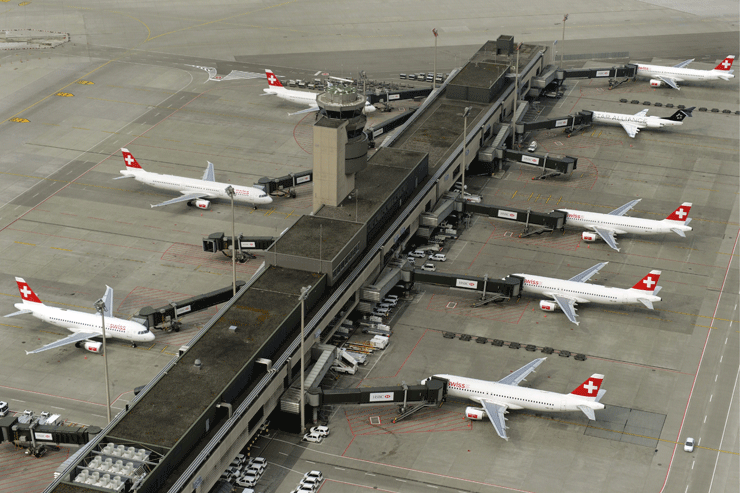 |
Other key findings of the study are:
(1)
Air cargo is an essential and daily element
of Swiss value chains.
(2)
70% of Swiss companies regard airfreight in Switzerland
as a basic necessity.
(3)
One-third of Switzerland’s exports by value leave
Switzerland by air, and one-sixth of all imports, again measured by
value, enter the country by air.
(4)
61% of the shippers and 44% of the recipients of
air cargo expect a substantial increase in their shipments through Swiss
airports by 2030.
(5)
Swiss air freight is largely transported on passenger flights
that would not be profitable without cargo's contribution to their overall
revenue results. The range of passenger services offered to and from
Swiss airports (especially long-haul services) is thus directly linked
to air cargo volumes and demand.
(6)
Most Swiss companies are satisfied with Swiss airports'
current infrastructure, with the services offered and the value-for-money
they provide, and with the regulatory environment regarding night movement
and night driving bans.
(7)
The strengths of air cargo in Switzerland over other
European airports are felt to be its handling speed, the possibility
of short-notice bookings, the reachability and opening hours of handling
agents and the efficient interaction throughout the air cargo chain.
(8)
The perceived weaknesses of air cargo in Switzerland
compared to elsewhere in Europe include the reduced availability of
direct flights, insufficient frequencies, the limited availability of
full-freighter services and the opening hours of the Customs authorities.
(9)
Swiss companies wish to see further development of
the infrastructure at Swiss airports to improve the handling of air
cargo during peak times, and expansion of the capacity for temperature-controlled
imports and valuables exports.
(10)
If Swiss airports fell substantially behind other
airports in Europe in terms of their efficiency and the range of services
offered, this would have serious consequences for Switzerland.
More: http://www.logistik.unisg.ch/luftfrachtstudie
Women
In Cargo Hall Of Fame |
Chasing Hot Copy
|
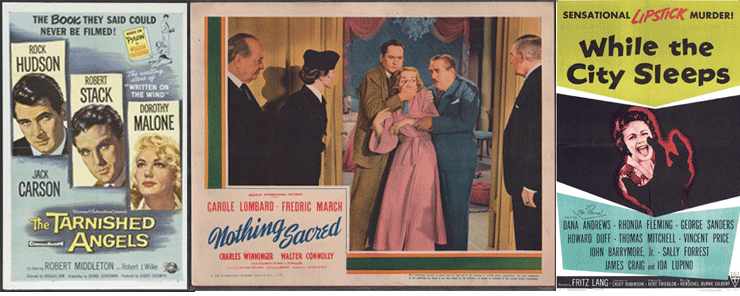 |
The Tarnished Angels:
"(It) betters the William Faulkner source text in every way, from
the quality of characterization to the development of the dark, searing
imagery. Made in b&w CinemaScope… it should be seen in a theater
or not at all."
-- Dave Kehr
 While
The City Sleeps:
While
The City Sleeps:
"Lang's worldly admiration for the newfangled power of modern communications
in the service of the civic good is matched by his wonder at the human
specimens who make it their playground."
-- Richard Brody, The New Yorker
His Girl Friday:
"A celebration of the spirit of American journalism at its finest.
Captures the romance, the cynicism, the idealism, and just the pure
chaos that is the part, and sometimes the best part, of working for
a newspaper."
-- A.O. Scott, The New York Times
Nothing Sacred:
"Combines the giddy foolishness of screwball comedy with a satire
of just about everything--small-town taciturnity, big-city pretentiousness,
media hype."
-- David Denby, The New Yorker
 |
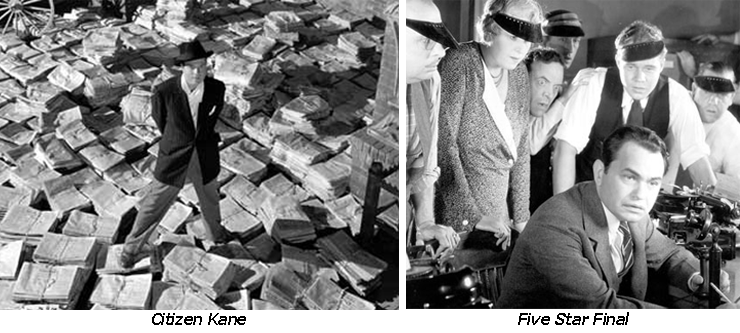 |
 The Harder They Fall
The Harder They Fall
Ex-sportswriter Bogart (in his last film) opts for fight-fixing Rod
Steiger’s bucks as he promotes no-talent Mike Lane to the championship
— but Max Baer has other ideas.
Citizen Kane
From its Gothic opening at looming Xanadu, through its conflicting accounts
of a news magnates’ public rise and private fall, to its legendary
final shot, Orson Welles- O-Rama!
Five Star Final
Tabloid editor Edward G. Robinson’s gloating over skyrocketing
circulation turns to glass-shattering horror when mortality ensues over
defrocked clergyman Boris Karloff’s latest exposé.
Ace In The Hole
Billy Wilder: “I can do big news, small news, and if there’s
no news, I’ll go out and bite a dog.”
In Wilder’s most venomous attack on American greed, cold-blooded
reporter Kirk Douglas exploits a doomed man, then wins a Pulitzer.
 The Big Clock
The Big Clock
Monomaniacal magazine mogul Charles Laughton orders Crimeways editor
Ray Milland to track down a murderer — with all clues pointing
to Milland himself.
And just in case you need
some filler to keep a good thing going for the subway ride home, Film
Forum says it will have copies of Neal Gabler’s expose of Walter
Winchell, ace reporter and gossip columnist who once ruled the newspaper
world in New York, for sale at the popcorn stand.
The Film Forum is celebrating its 40th
anniversary as New York's leading movie house for independent premieres
and repertory programming and has been a nonprofit cinema since 1970.
More: http://www.filmforum.org/
Geoffrey
If
You Missed Any Of The Previous 3 Issues Of FlyingTypers |
|||||
|
|||||
FT042110 |
FT042710 |
||||

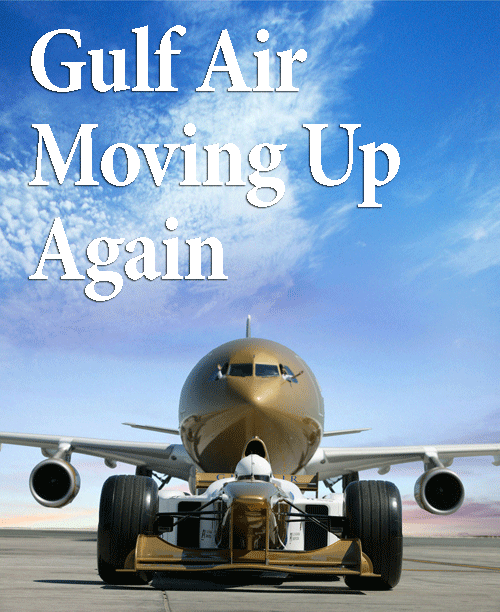
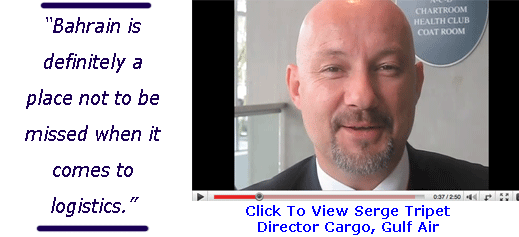
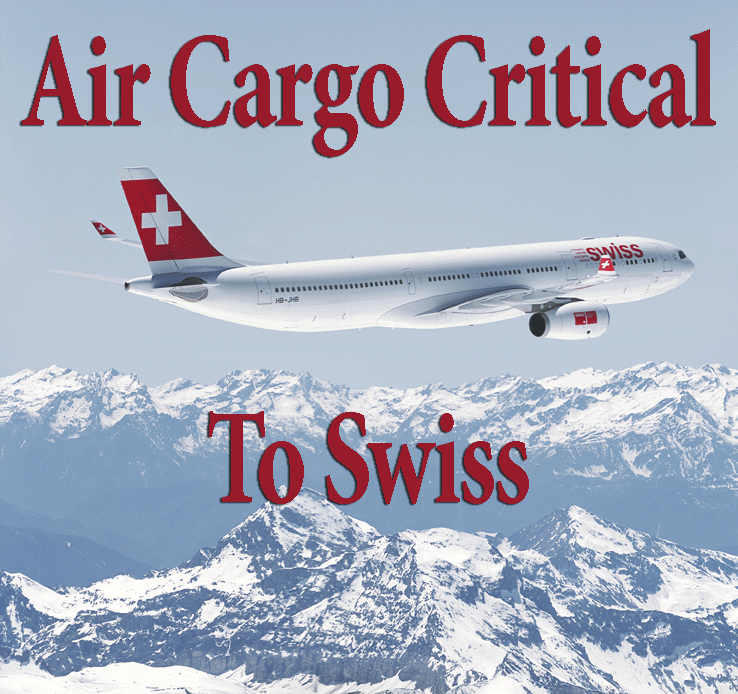
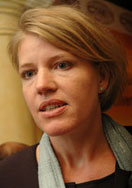




 We
are sitting here in Queens, New York, not too far from JFK, thinking
about the past few days.
We
are sitting here in Queens, New York, not too far from JFK, thinking
about the past few days.

